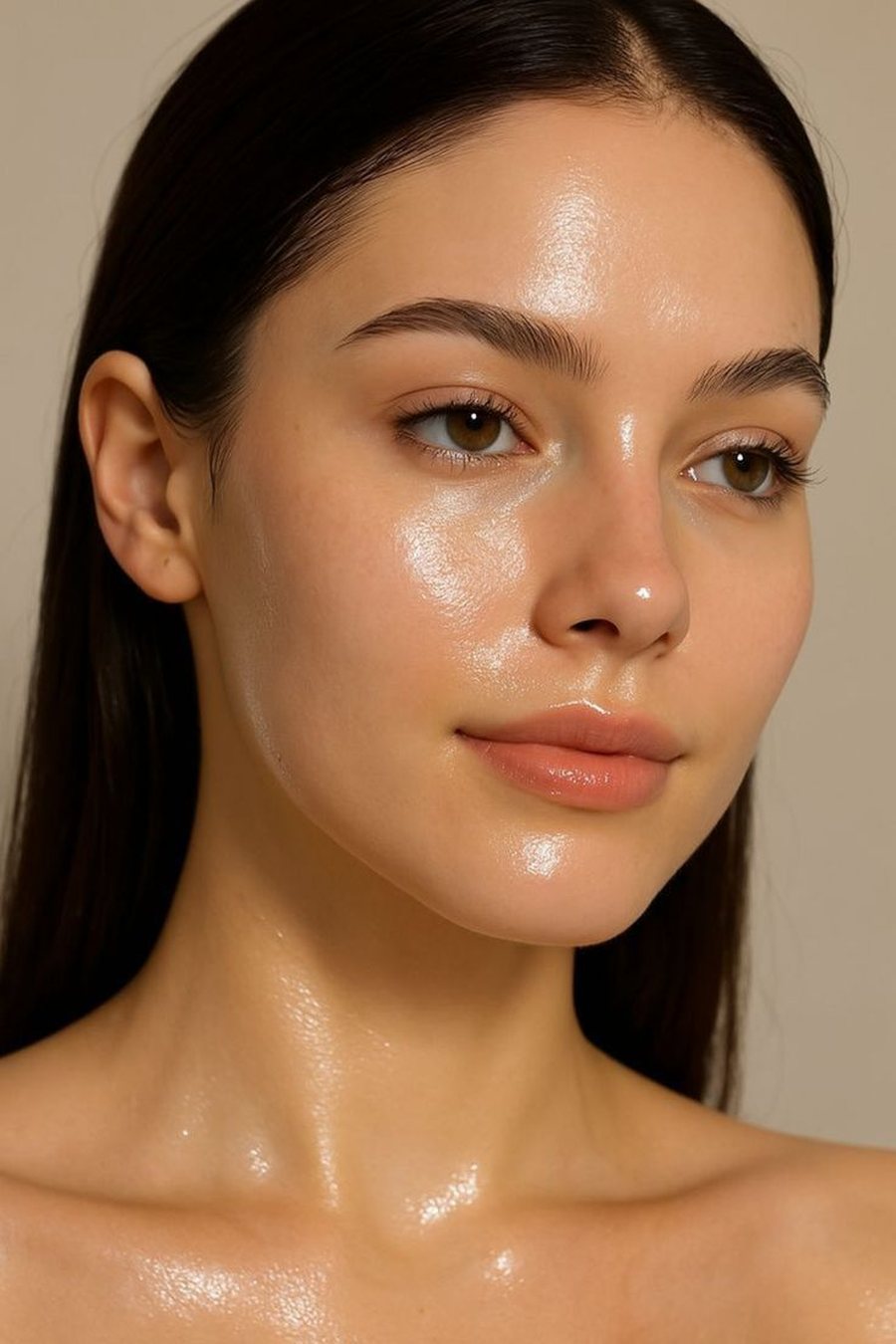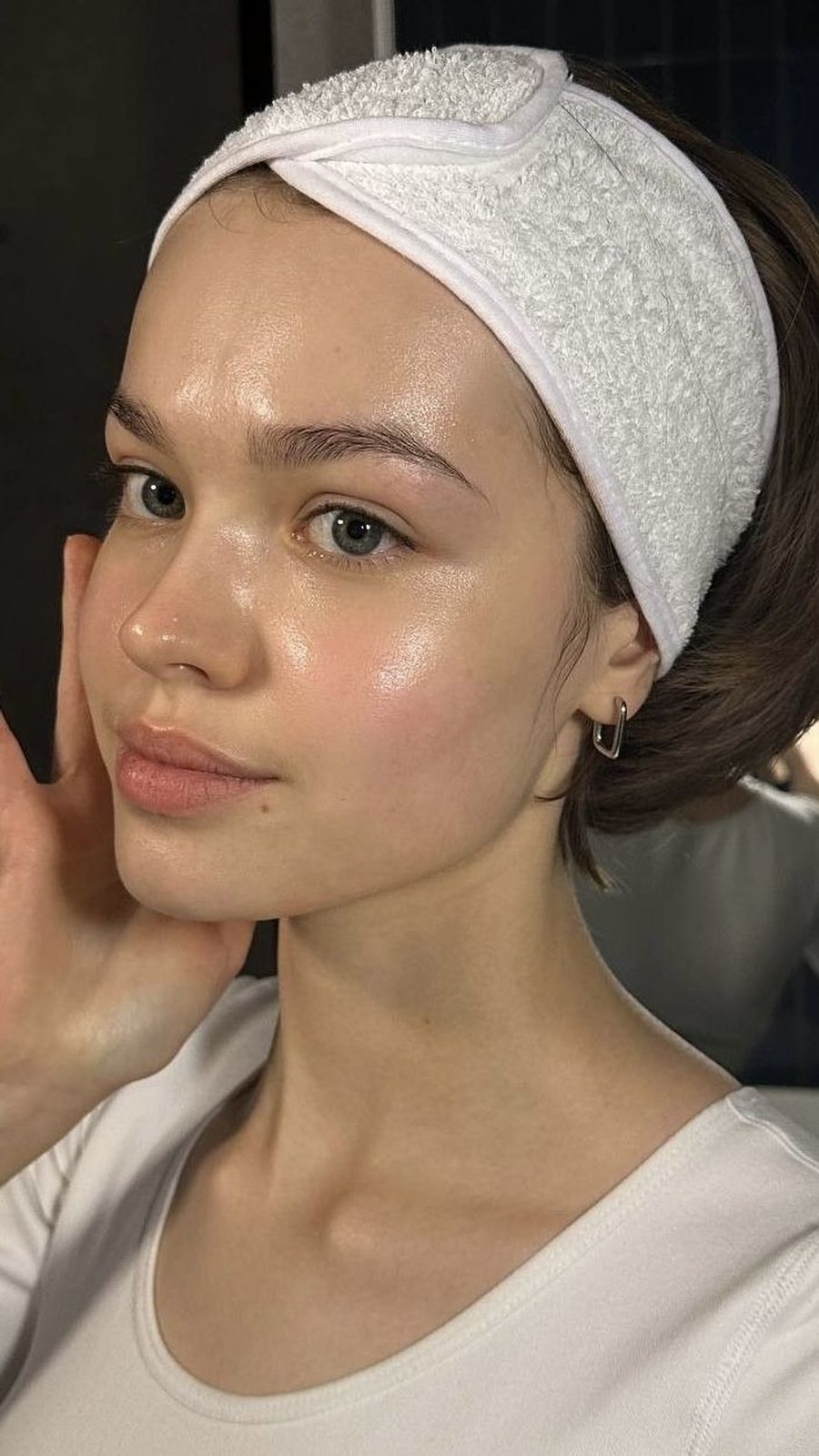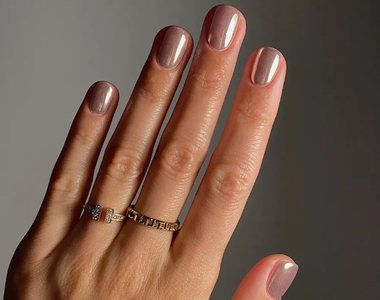
Every new season brings with it a slew of new products in the beauty industry. However, before you choose the ones that meet your skin's needs and incorporate them into your skincare routine, it's important to know how they work.
Among the most popular products, those containing AHA and BHA stand out. But what do these terms mean on the packaging? What is the function of these ingredients and how can you include them in your skin care? Although both provide exfoliation, there are fundamental differences between them. Below, we analyze their properties and what sets them apart, so you can choose the one that suits you best.
AHA (Alpha Hydroxy Acids)

AHAs, or Alpha Hydroxy Acids, are water-soluble exfoliants found in many skincare formulas. If the packaging lists ingredients like glycolic acid, lactic acid, or citric acid, among others, then we’re talking about AHAs. These acids help remove dead skin cells from the surface of the skin, leaving behind an even, smooth, and radiant appearance. If that’s not enough to convince you to give it a try, AHAs are also great for skin that’s showing the first signs of aging, as they penetrate deeply and help stimulate collagen production. Lastly, they’re suitable for normal, dry, and oily skin types, in other words, all skin types.
BHA (Beta Hydroxy Acids)

BHAs, or beta hydroxy acids, are not as common as AHAs. You’ve probably heard of salicylic acid, but tropic acid, tretocanic acid, and beta hydroxybutanoic acid are some other examples you might come across. People with acne-prone or oily skin can benefit from using BHAs, as they work effectively against blackheads and clogged pores. This is because they are fat-soluble and can penetrate deep into pores to fight bacteria that accumulate there. While they are much gentler than AHAs, BHAs can dry out and dehydrate the skin, so it’s a good idea to only use them according to the directions on the package (e.g. not every night, etc.).
Regardless of the type of acid you decide to use, you should always apply sunscreen afterwards to protect your skin from sunlight, as it becomes much more sensitive.
Source: Marie Claire





